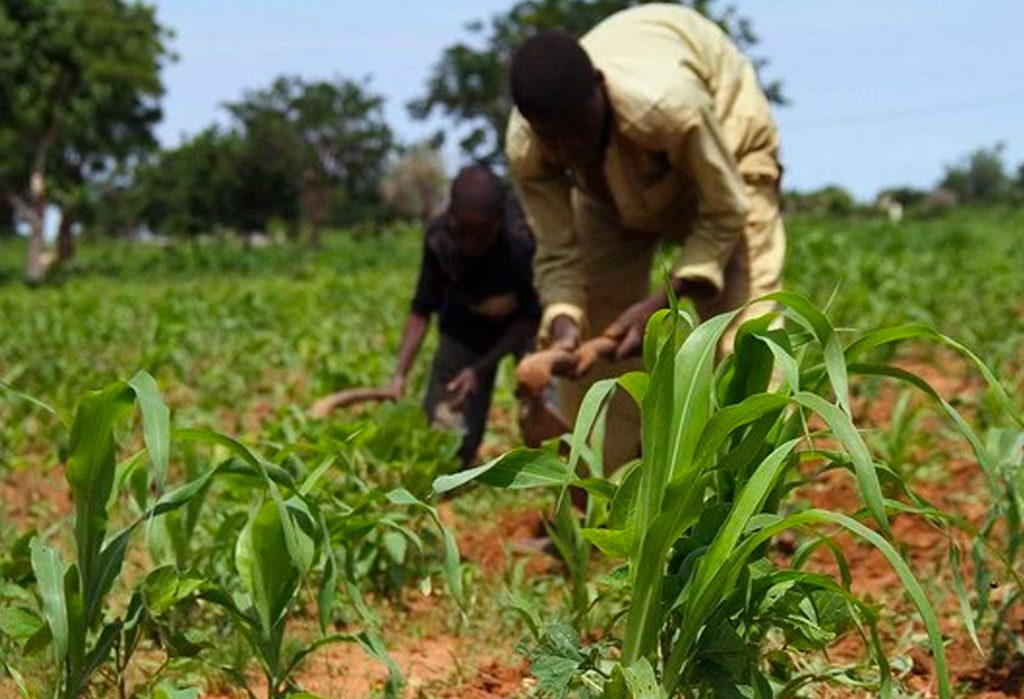With training and climate-smart practices, the NNPC Foundation is equipping northern farmers to boost yields, cut post-harvest losses, and strengthen the country’s food resilience.
Farmers in Nigeria have for long been locked in a cycle of low productivity, working long hours with crude tools, losing much of their harvests, and earning little for what remains.
Even though agriculture employs more than one-third of the country’s workforce, Nigeria still spends billions annually on food imports.
At the heart of this are smallholder farmers, who form the backbone of the sector but lack access to modern techniques, quality inputs, and profitable markets.
It is within this gap that a new initiative is showing how that cycle can be broken.
The NNPC Foundation, which is the Corporate Social Responsibility arm of the Nigerian National Petroleum Company Limited, has taken its vulnerable farmers empowerment programme to northern Nigeria.
The programme, now in its second iteration, is meant to equip farmers with knowledge and skills to succeed amidst a transforming agricultural sector, covering areas such as climate-smart farming to organic fertilisation, minimising post-harvest losses to access to better markets.
This subsequent expansion followed a highly successful initial phase carried out across southern Nigeria, where more than 4,000 farmers were trained and empowered.
Impacts were increased yields, improved storage, improved market connections, and early proof that strategic knowledge transfer can make smallholder agriculture survivable and also profitable.
From south to north
The second phase of the programme extends to all geopolitical zones in the north, with training sessions scheduled across six states, including the Federal Capital Territory (FCT).
The focus is on increasing productivity and also building resilience. Climate change has been most severe among Northern farmers, unpredictable rainfall, floods, and desertification remain a threat to food security.
Through the integration of climate-smart practices, including drought-resistant crop selection and organically managed soils, the NNPC foundation aims to equip farmers with practical knowledge to prepare for such shocks.
This aligns with the federal government’s agricultural transformation agenda, which prioritises food security as a national emergency.
A pathway to farmers’ resilience
Nigerian agriculture is faced with two persistent issues—low productivity and high post-harvest losses.
Study estimates that nearly 40% of produce never makes it to market because of poor storage and distribution systems.
The NNPC programme tackles this by empowering farmers with better storage techniques and linking them with off-takers and cooperatives.
This kind of intervention directly translates to higher incomes for farmers and more food on Nigerian tables.
A roadmap to the future
Through a combination of training, climate resilience, and market linkages, the foundation’s initiative resolves several points of pain within the food value chain.
Nigeria has about 38 million smallholder farmers. If even a fraction of them can transition from subsistence to productivity-driven farming, the ripple effects will be immense—higher rural incomes, reduced food imports, stronger local economies, and more affordable food for households nationwide.
Empowering farmers is never a matter of charity but a matter of survival, and with its programme now expanding to the north, the NNPC foundation is setting down more than merely seeds but sowing the seedbed of a food-secure Nigeria.
Summary not available at this time.






